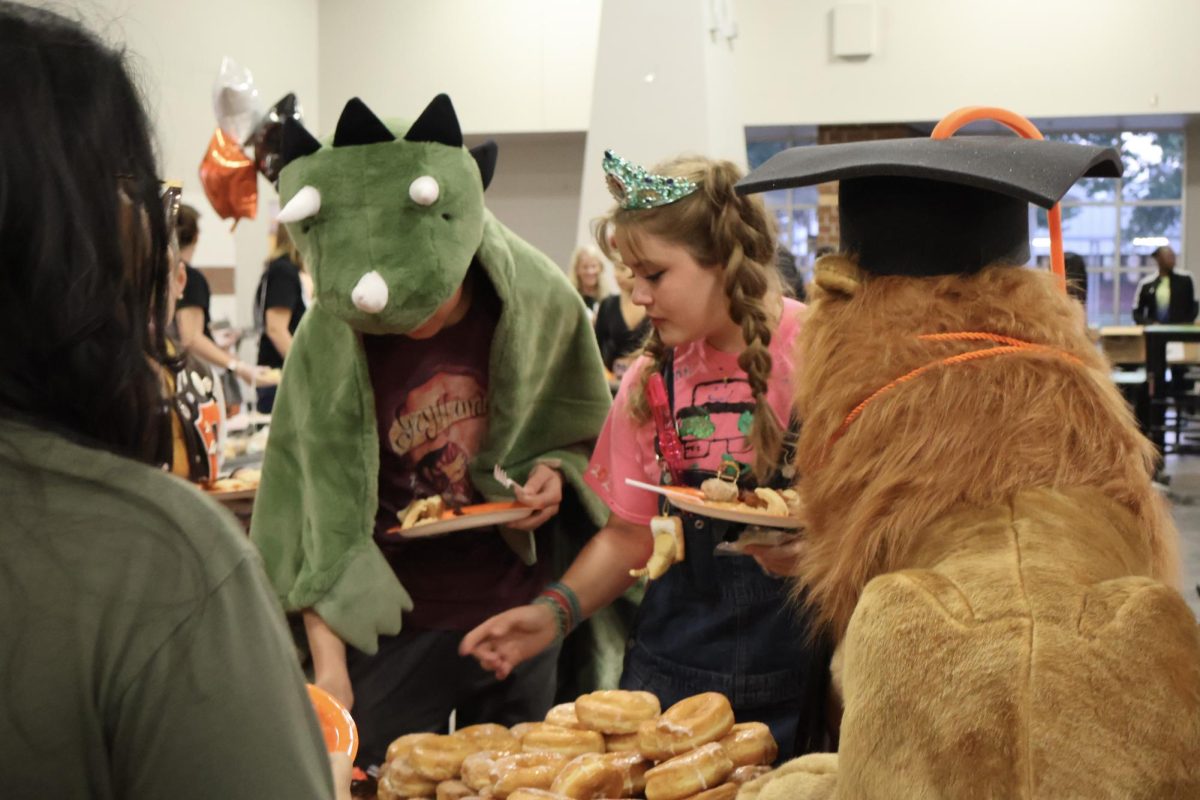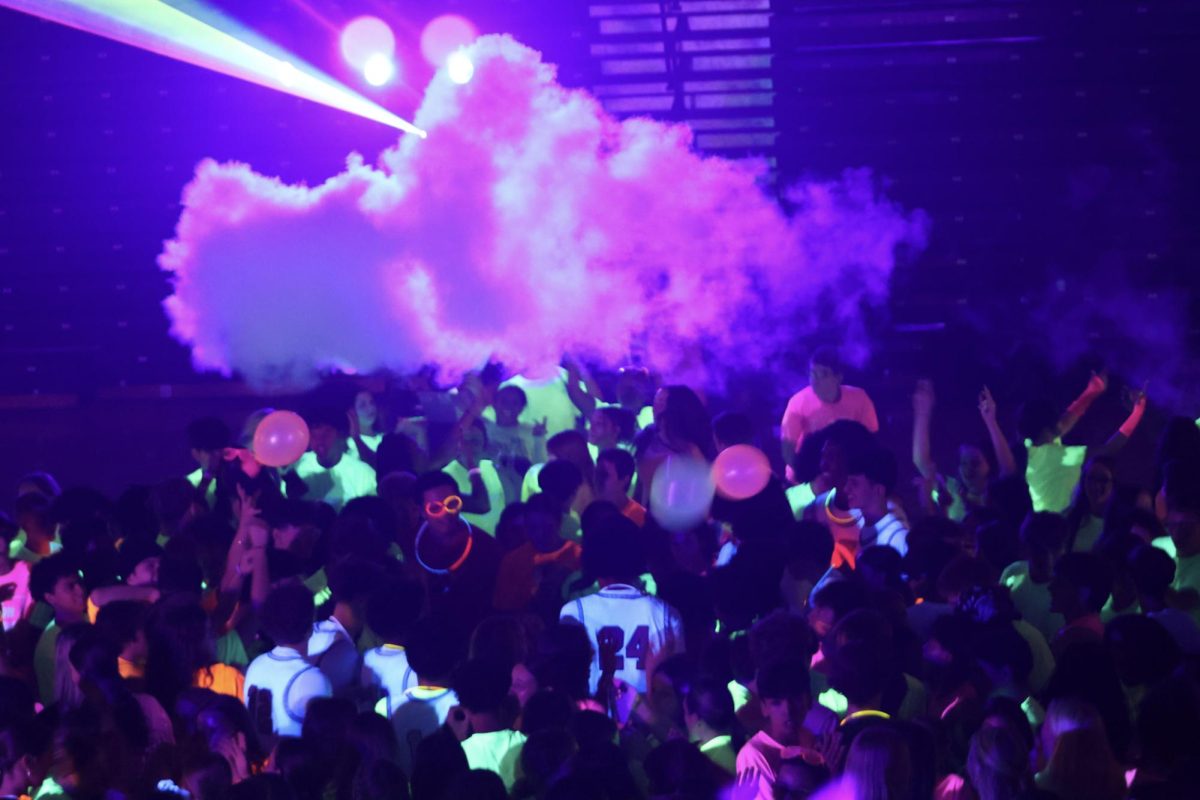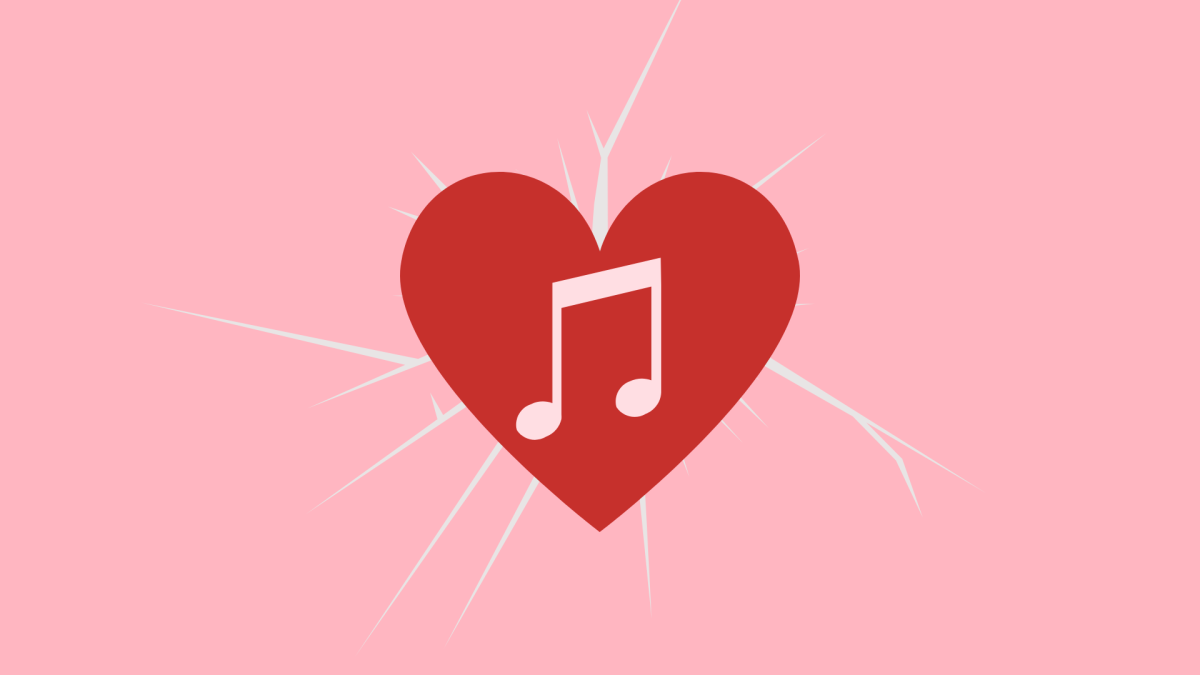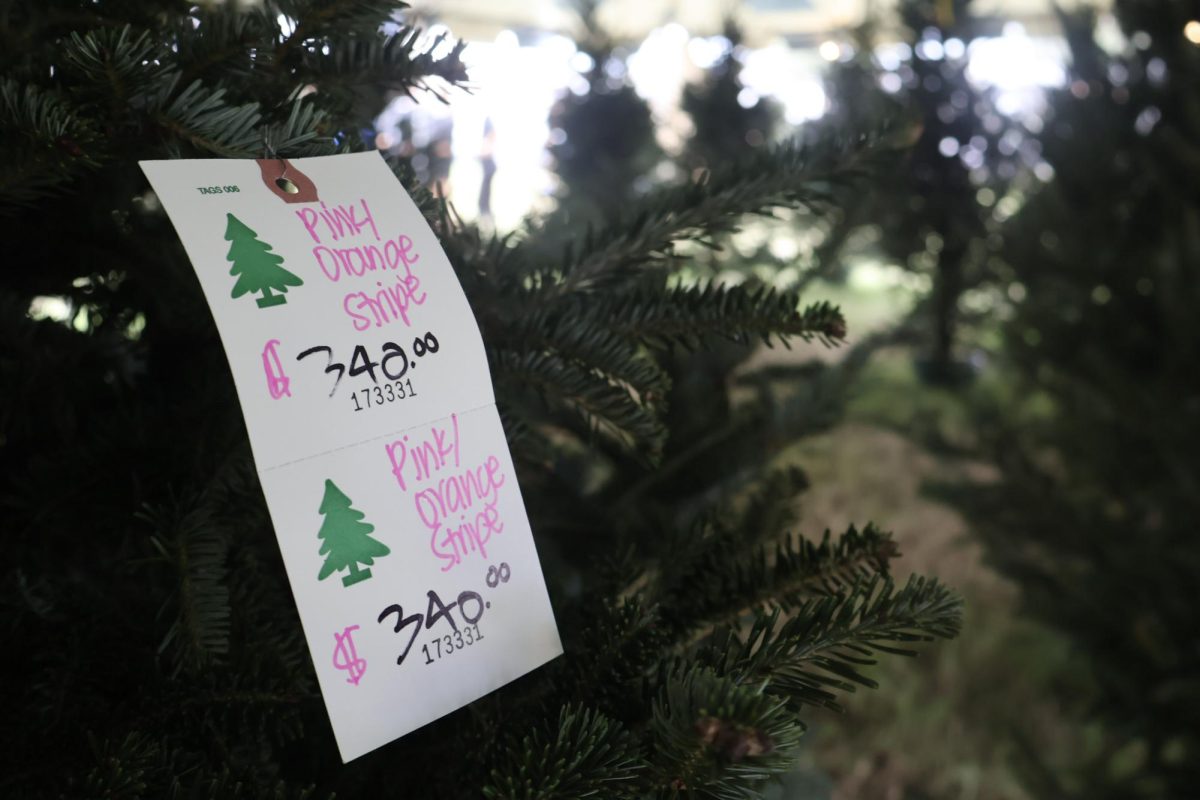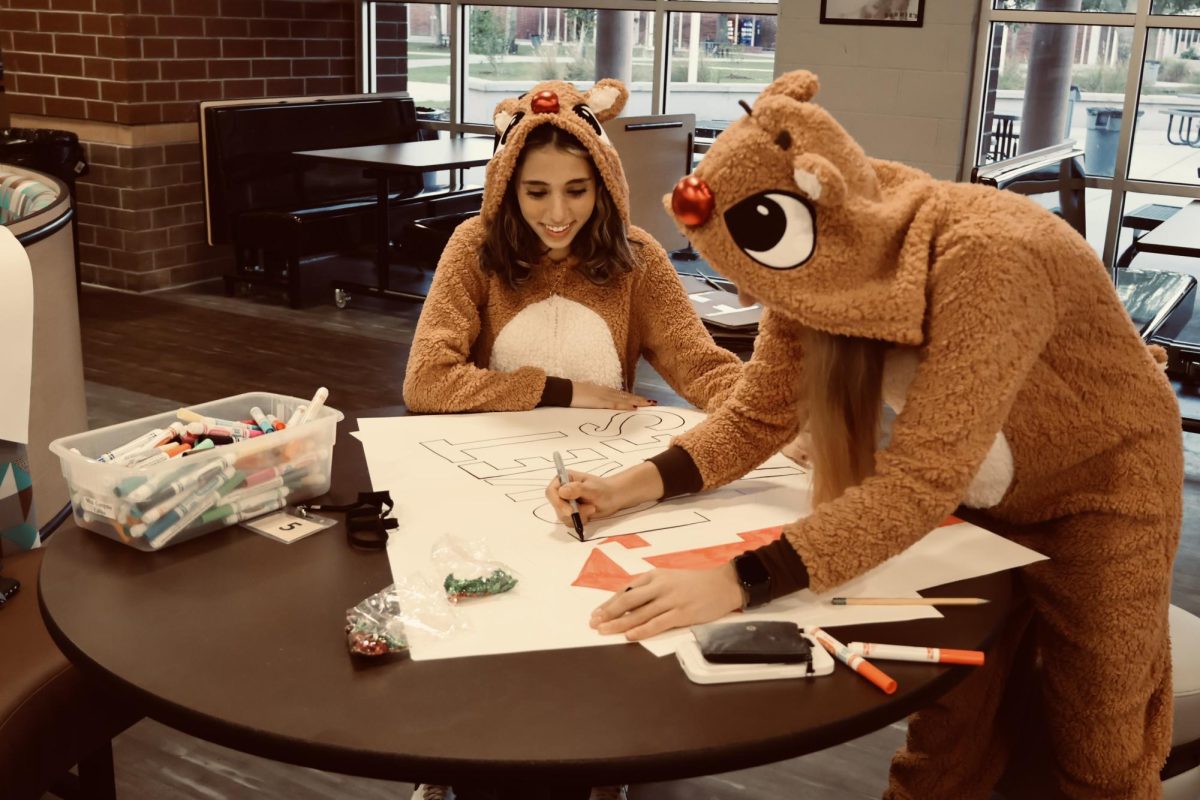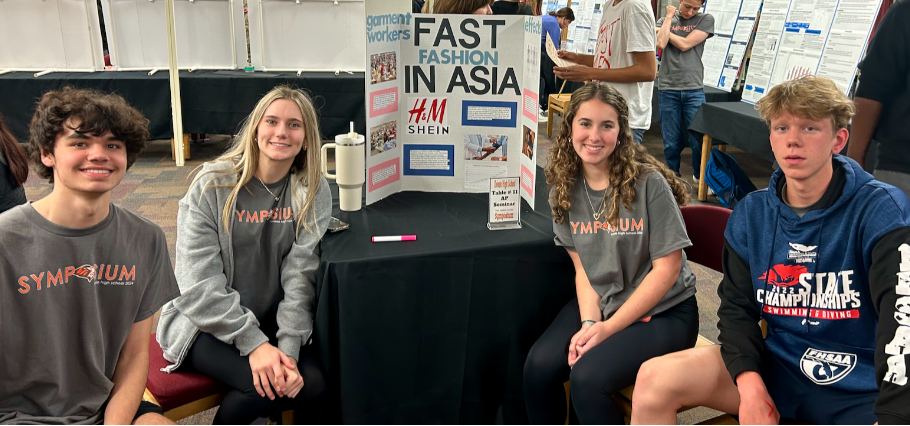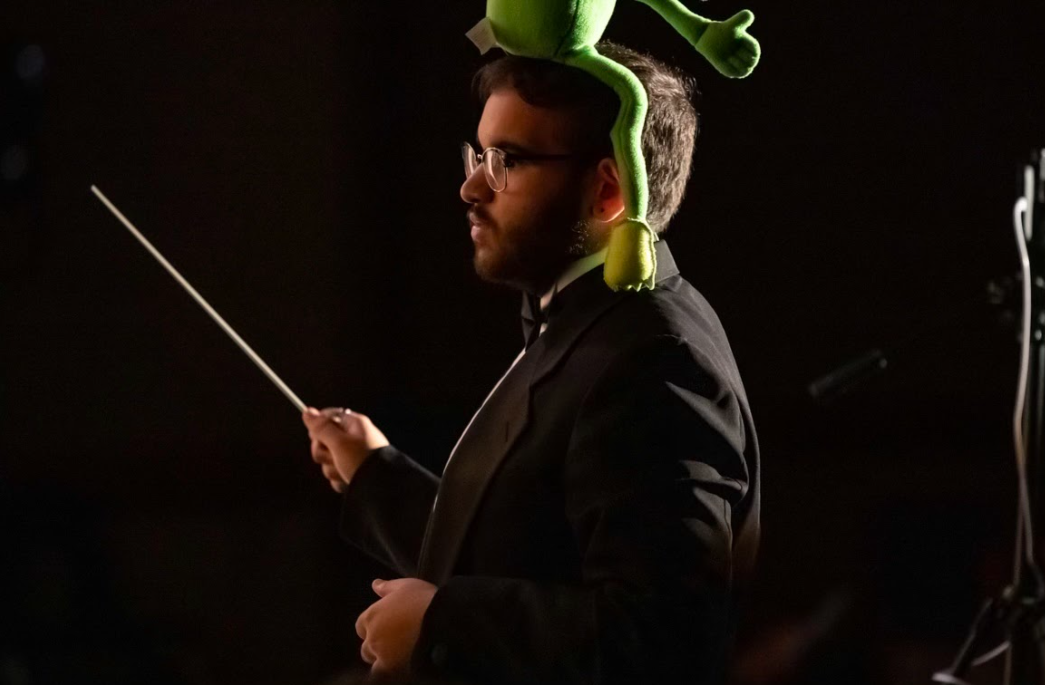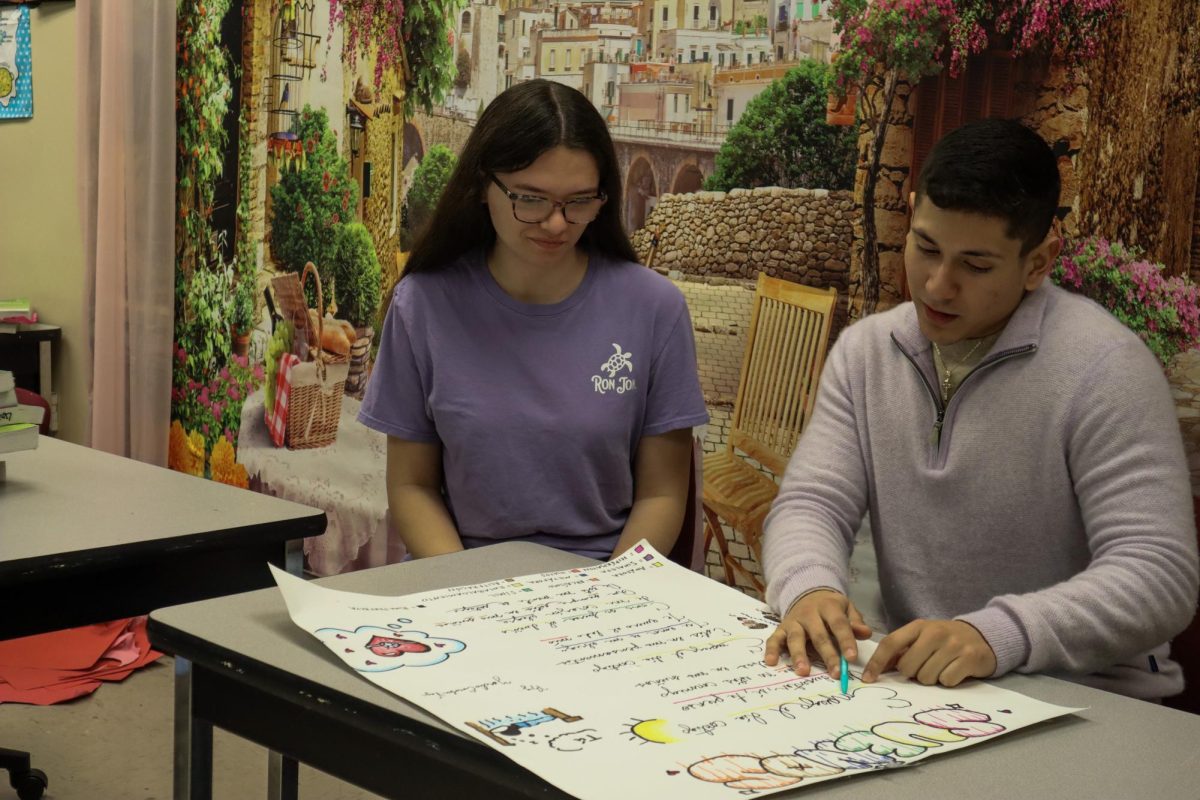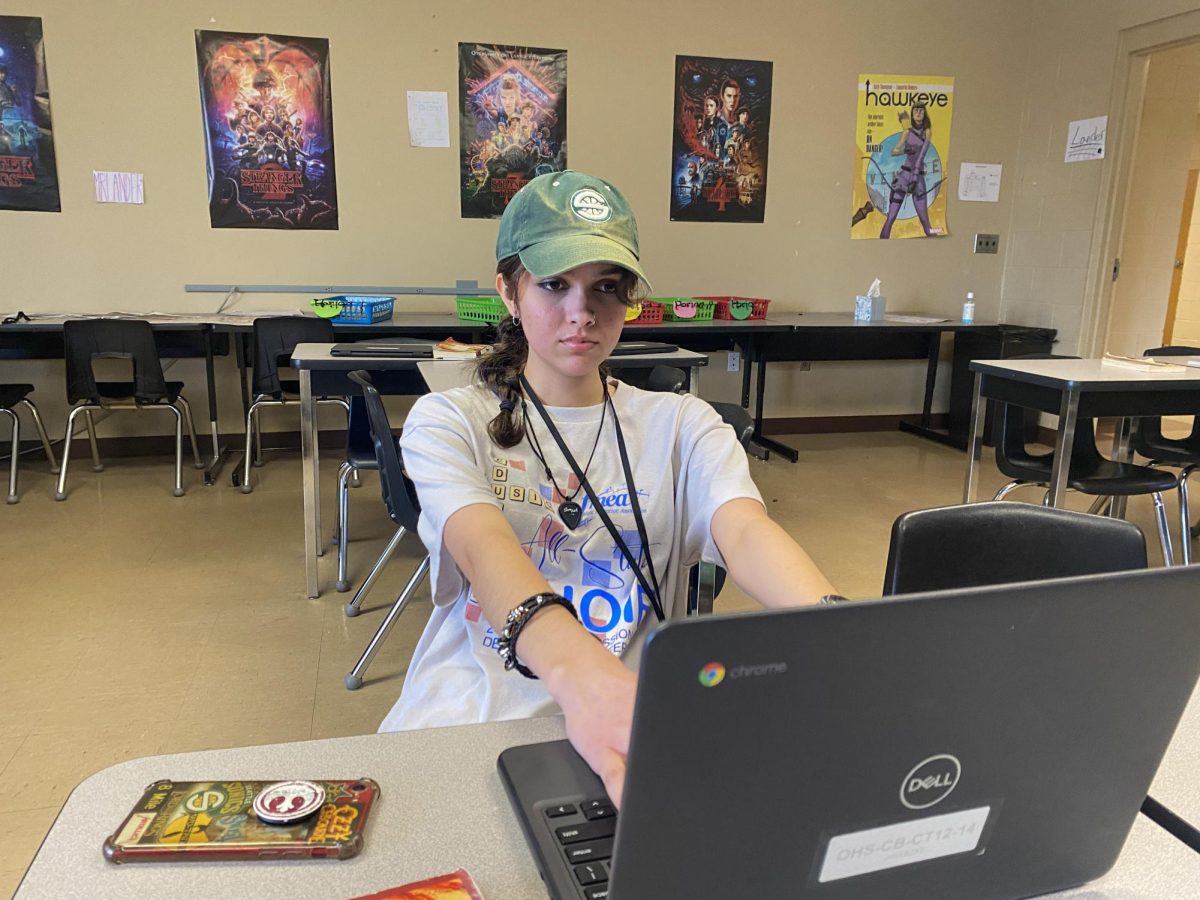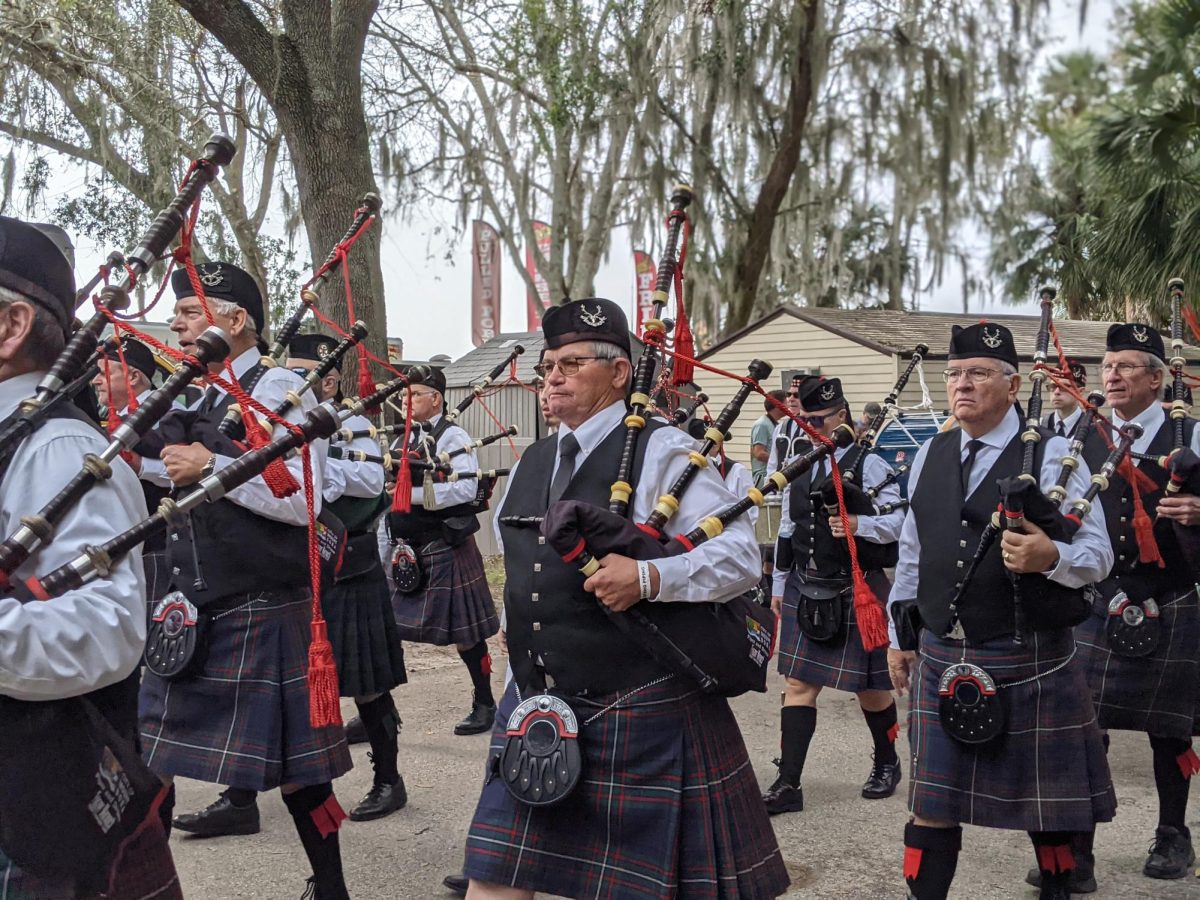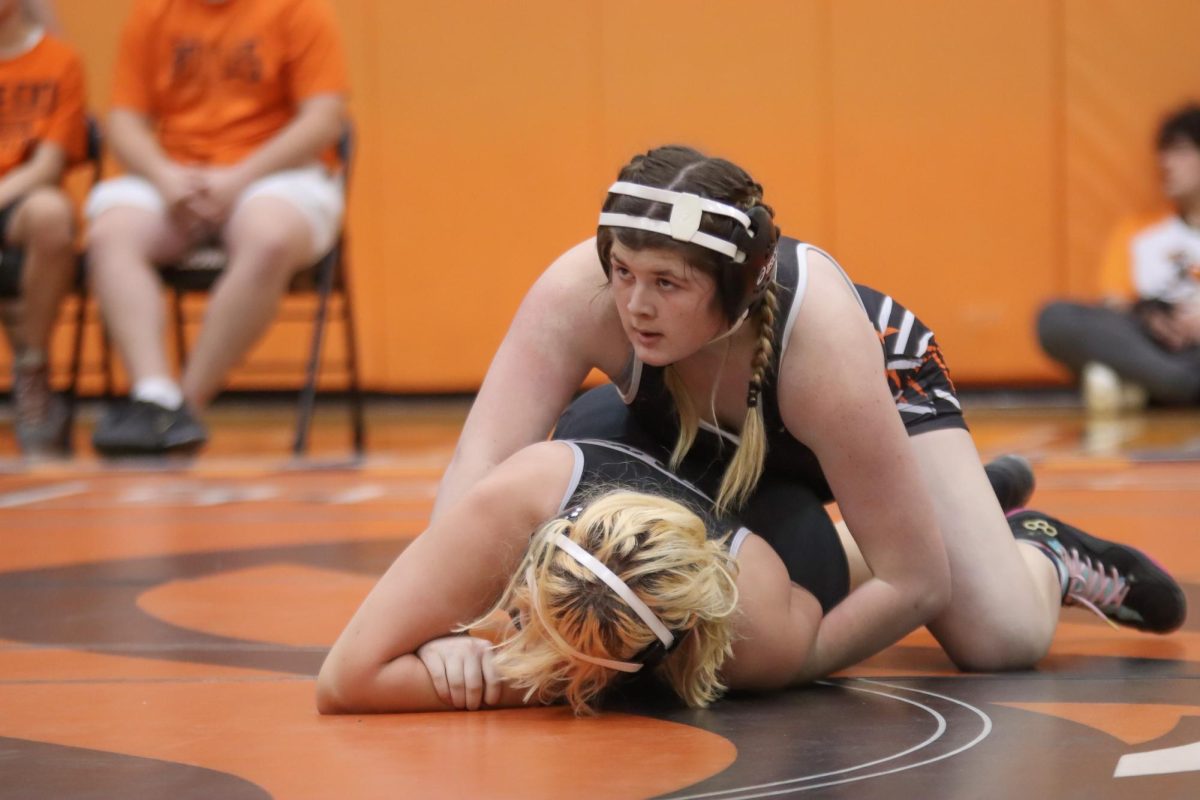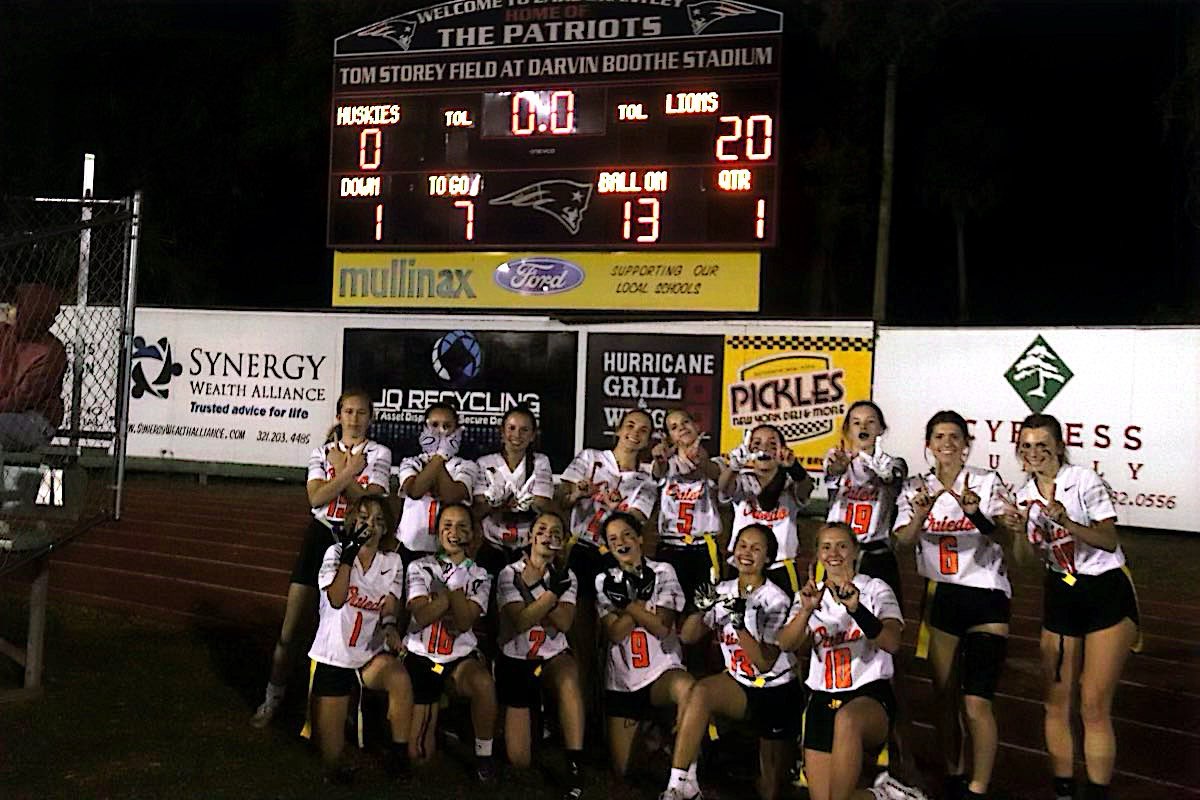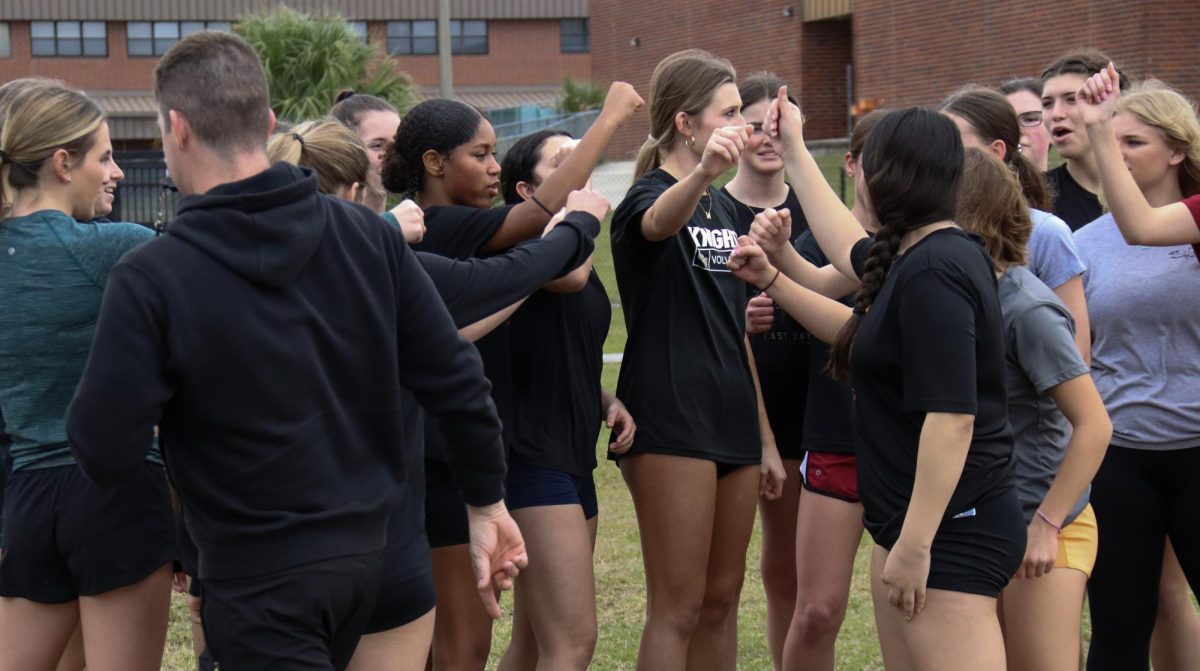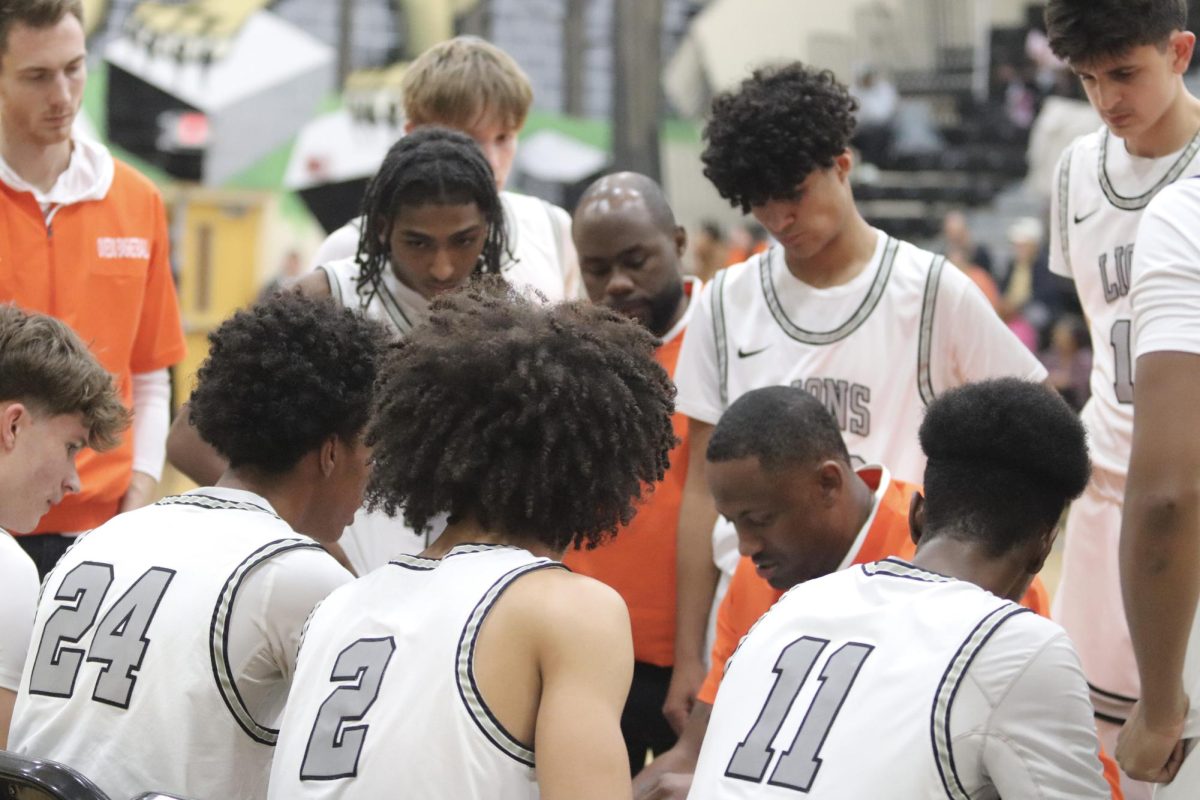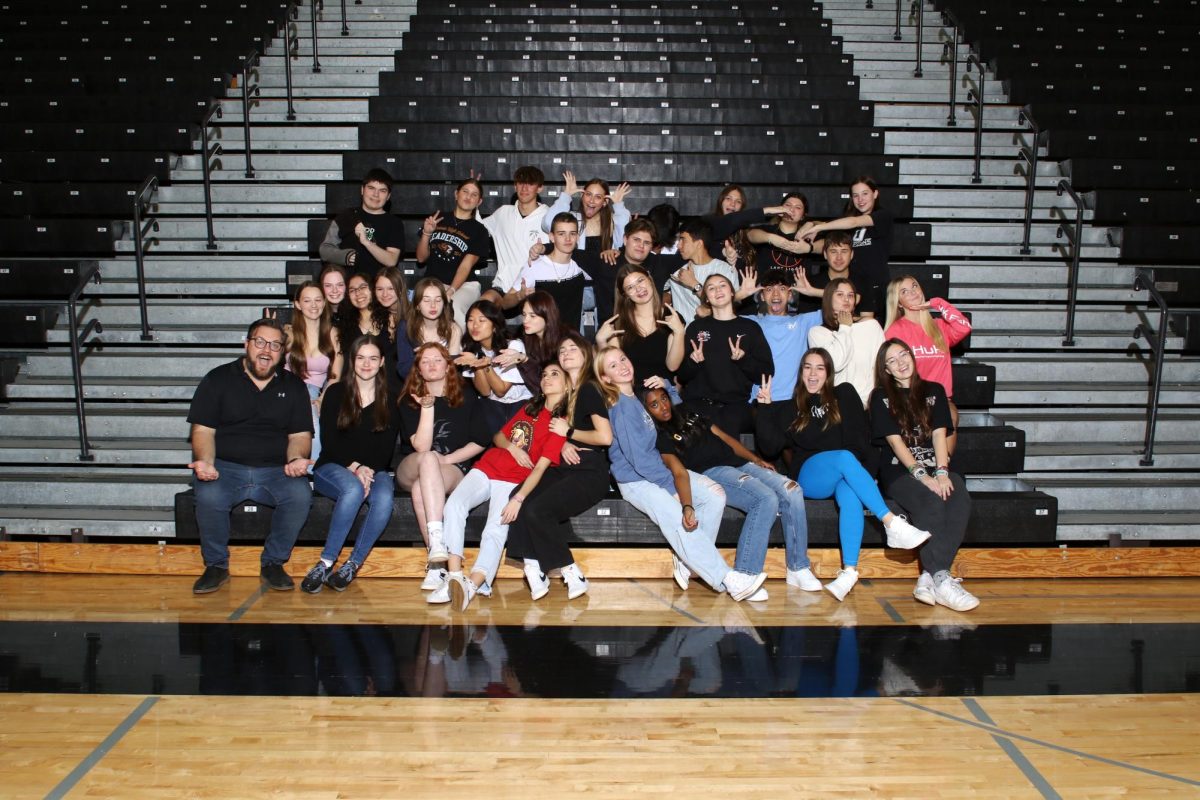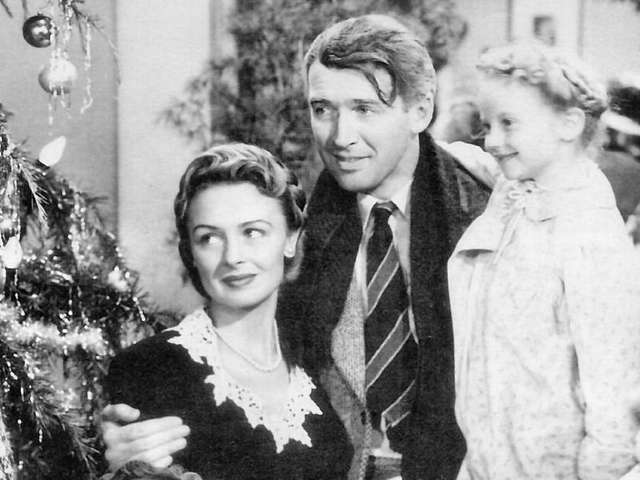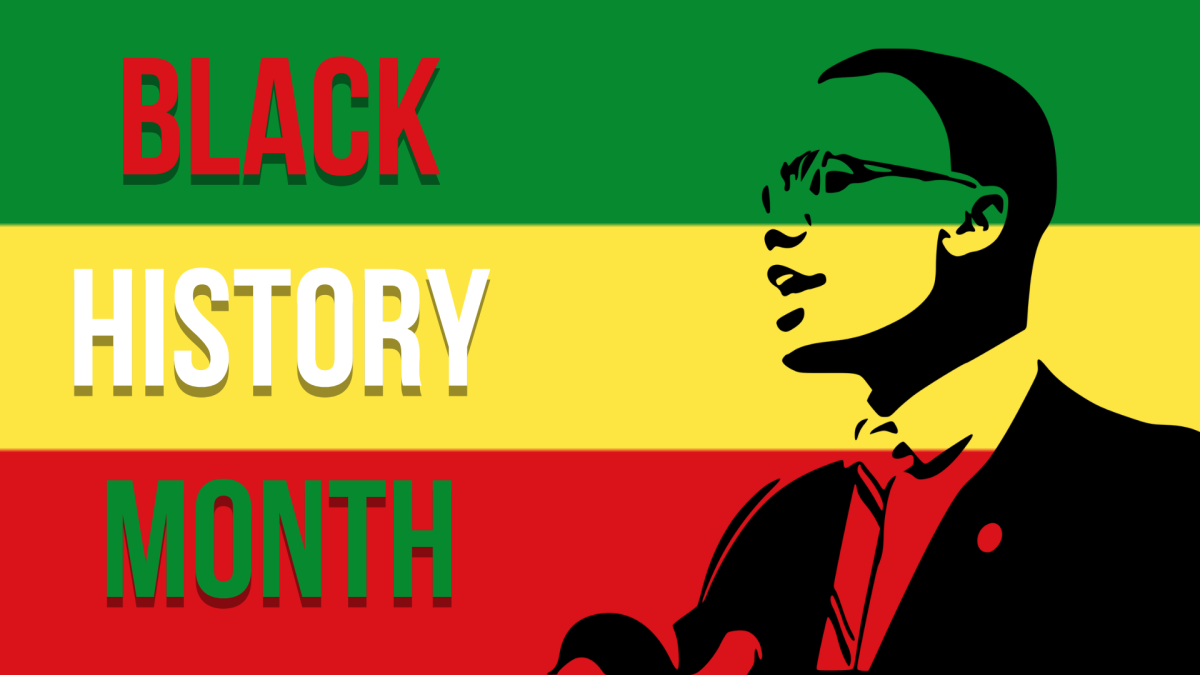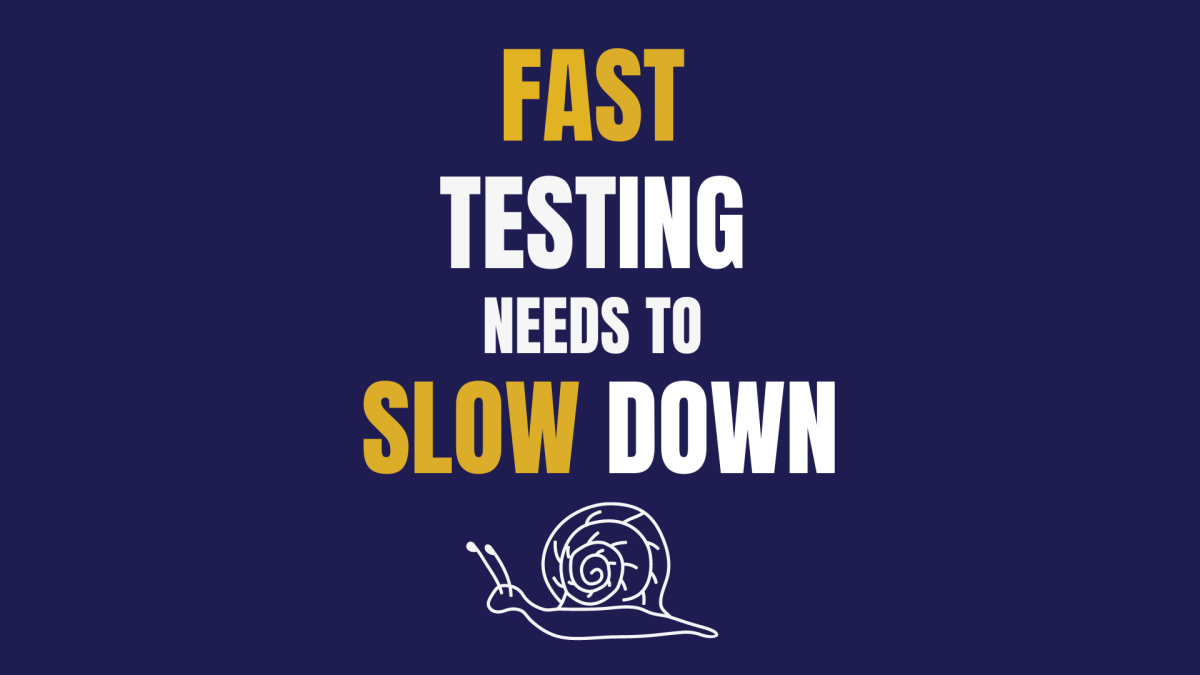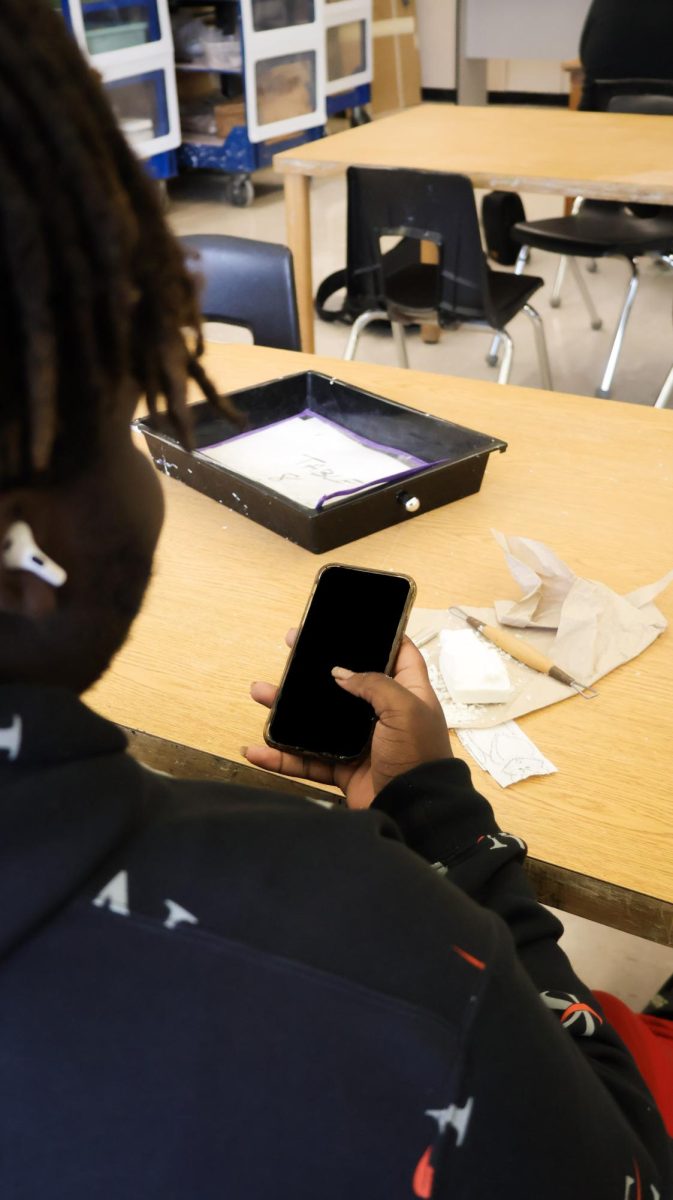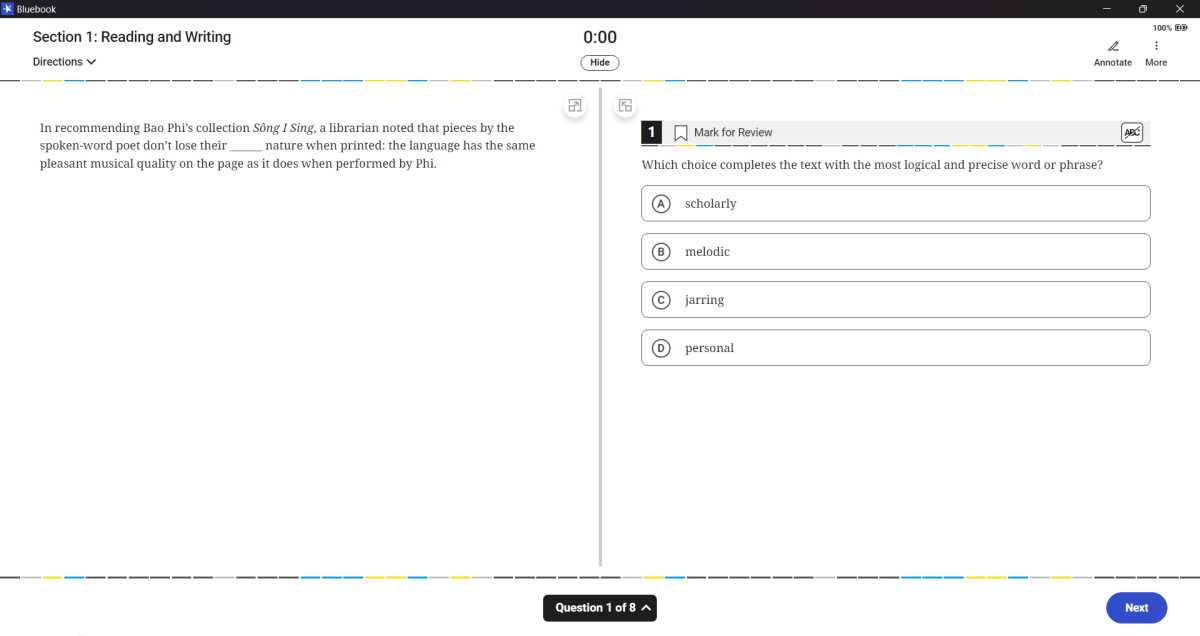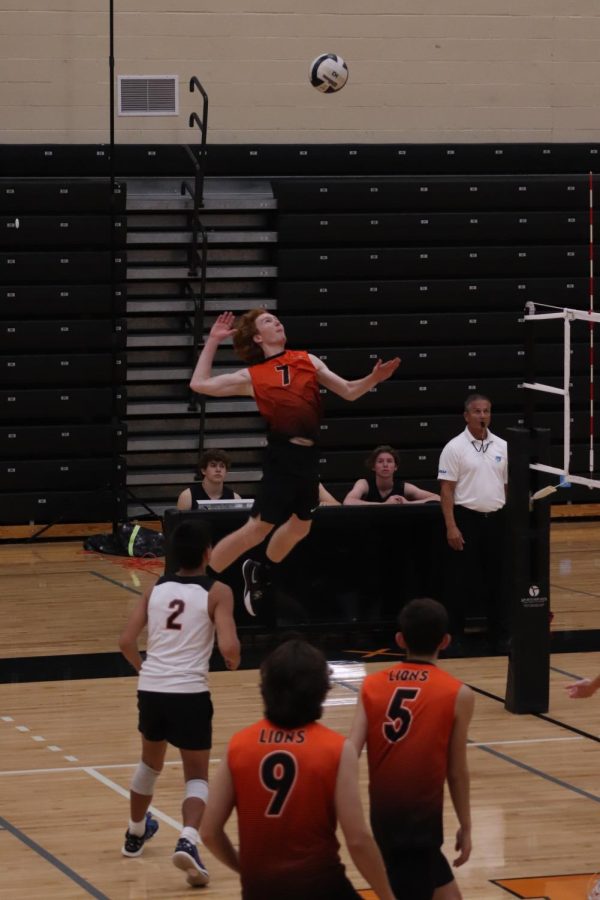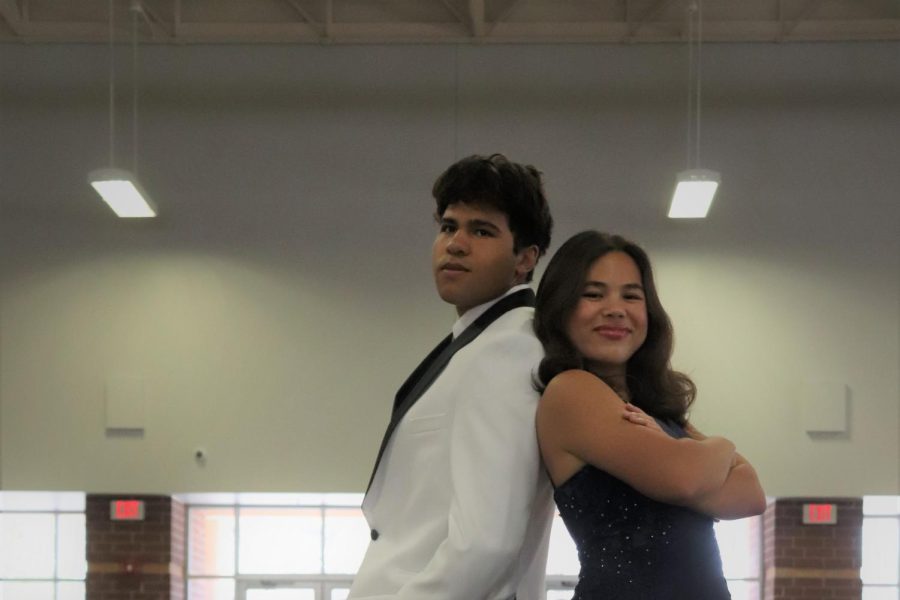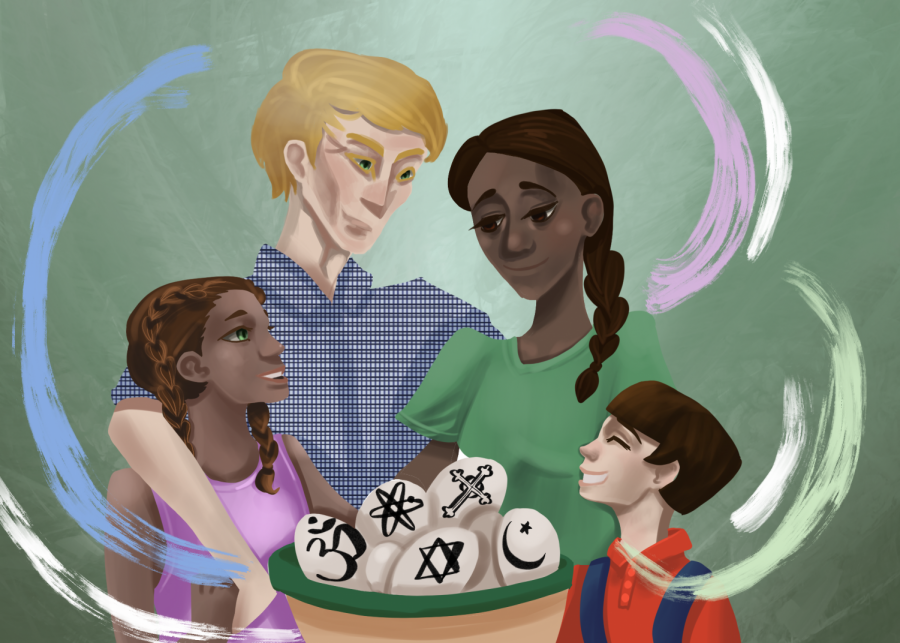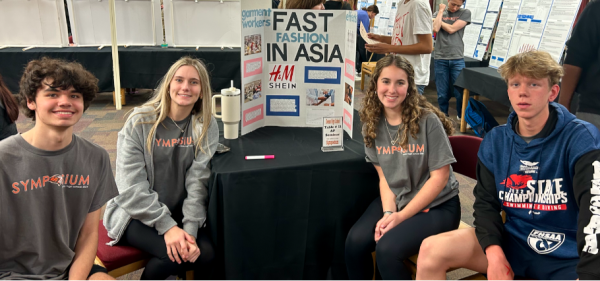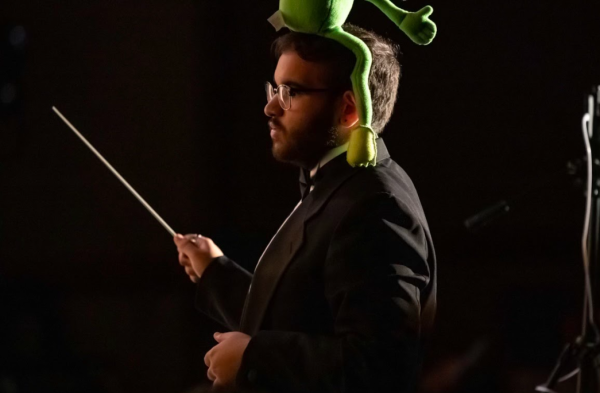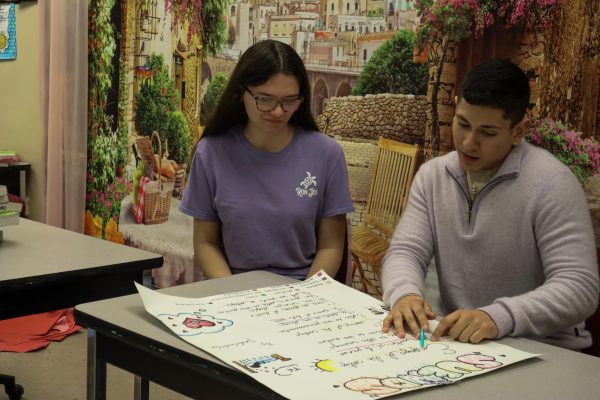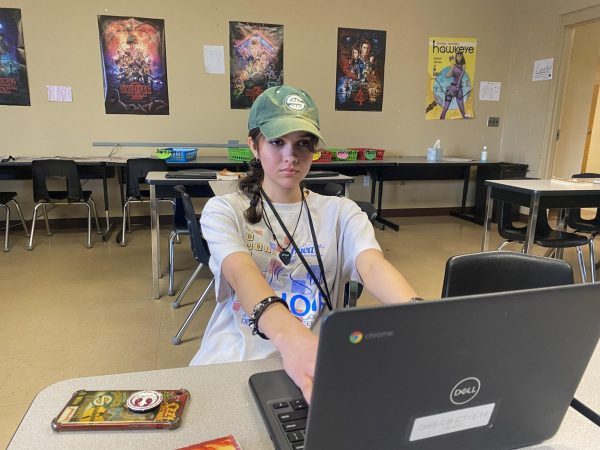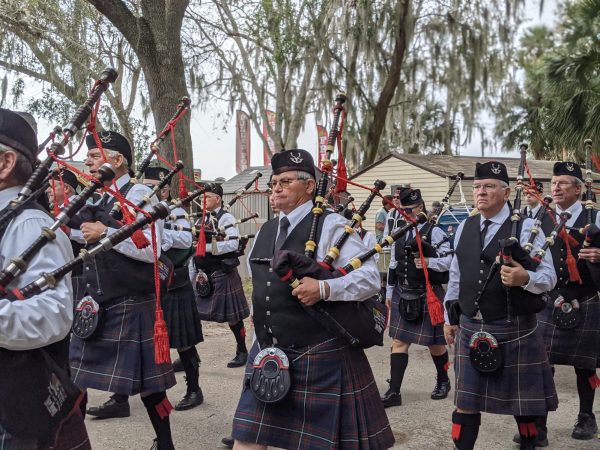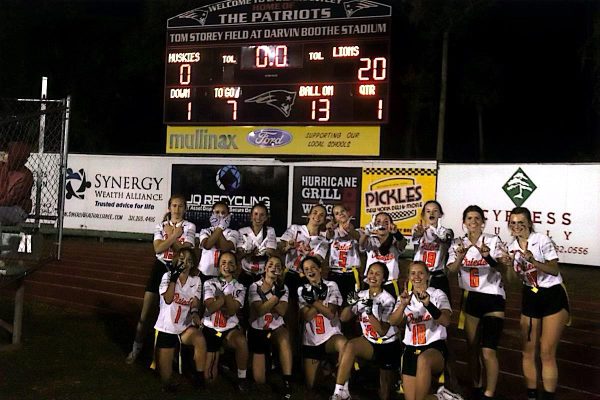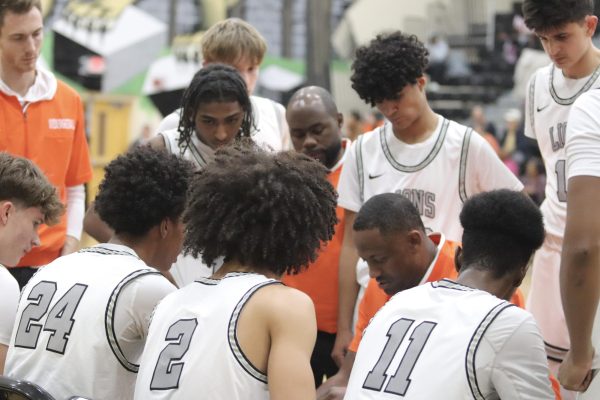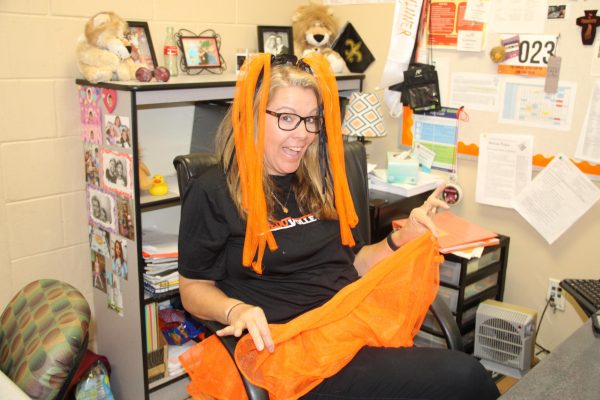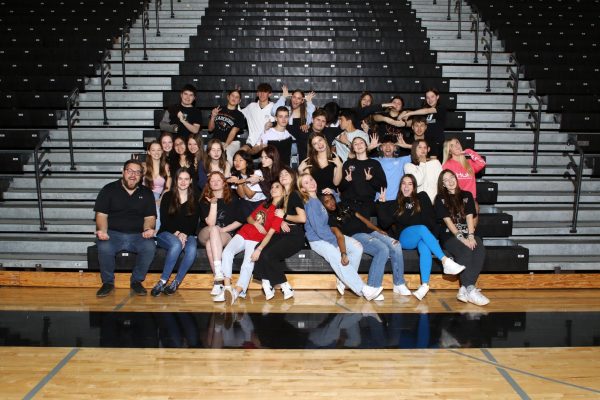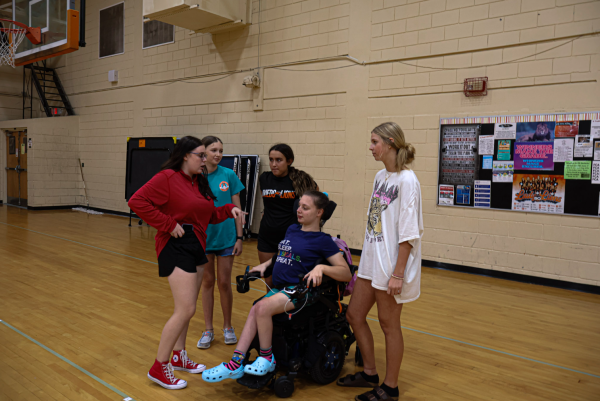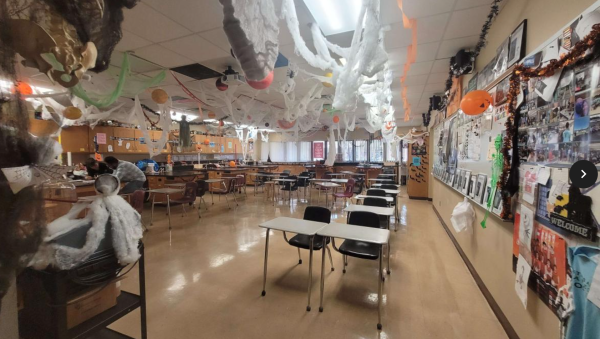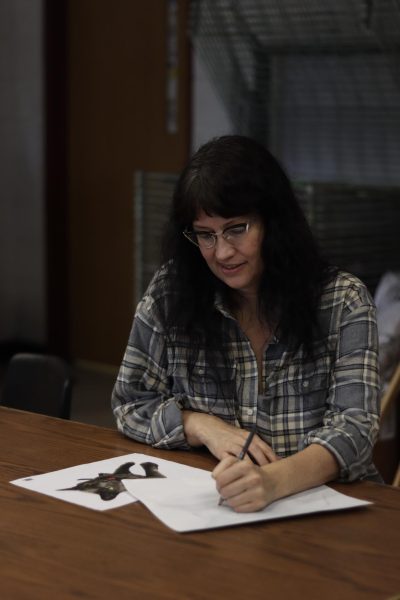Easter and beyond: Students share spring cultural celebrations
WEB EXCLUSIVE
The month of April is often associated with pastel colors, spring, and one of the most commercialized holidays: Easter. Baskets of traditional sugary sweets, egg hunts and the Easter bunny are often what immediately come to mind, but April is an important month of tradition and cultural celebration for all walks of life. Students across Oviedo High School practice a wide range of celebrations in their differing religions but oftentimes will share similar experiences and values.
Greek Orthodox: Easter
Freshman Jonathan Butler, a Greek Orthodox Christian, celebrates Easter Sunday according to the Julian Calendar, so the resurrection of Jesus is usually celebrated a week after other denominations, which happens to be April 19 this year. Butler is also an altar boy at his church and participates in many crucial preparations for the Easter Sunday rituals.
“We carry around a casket of Jesus…all the way around the church,” Butler said. “We bring out the candles. We have to carry different things, such as crosses and iconography.”
Additionally, lengthy church service, family picnics and dying eggs red add to the festivities associated with Easter. However, Easter goes beyond church service, picnics, and dying eggs for Butler, as the holiday has taken on a deeper meaning.
“It’s more of a day for uniting family and friends together,” Butler said. “I feel like the tradition would bring everyone closer…because they’re becoming more of a whole…under the same belief.”
This unity via faith is likely most prominent in the brief exchange that occurs between Greek Orthodox members during evening church service Saturday night, shortly after midnight on Easter Sunday morning: one will turn to their neighbor and ask “Christos Anesti?” or, “Christ is risen,” which one responds to with “Allithos Anesti,” which means, “He is truly risen.”
Judaism: Passover
Among the less acknowledged holidays in the month of April is Jewish Passover, which holds roots for Easter and lasts for about a week; this year between April 8 and April 16.
As Jewish sophomore Abigail Kaprow explained, Passover celebrates the Jews’ exodus from Egypt following decades of oppression and is one of the most widely celebrated holidays for Judaism. It also holds much significance in Jewish history through the traditions performed.
“We don’t eat leavened bread, but unleavened matzah because we had no time to let bread rise before fleeing Egypt,” Kaprow said.
Furthermore, much preparation and attention to detail is required to properly avoid eating said unrisen bread during the time of Passover.
“We only eat food that’s marked as kosher for Passover, deeply clean the entire kitchen, and use special dishes for Passover,” Kaprow said.
Similar to Christians during Easter, family gatherings blending food, storytelling and religious rituals are also common for Jews during Passover.
“We celebrate by having Seders the first two nights,” Kaprow said. “Seder literally translates to ‘order’ and is a special dinner where we retell the story of our exodus.”
Beyond the traditions, gatherings and food, Passover is still, most importantly, a religious holiday.
“While the most important Jewish holidays aren’t commercialized, Hanukkah is, and I know that I find it annoying to only see commercialized aspects,” Kaprow said. “People forget that there is a religious aspect to the holiday.”
Islam: Ramadan
For 2020, April 24 through May 23 is the holiest month of the lunar year for Muslim sophomore Amina Hasan. Ramadan, the month where the Islamic holy book of the Quran was revealed to Muhammad, typically lasts for 30 days and ends in Eid al-Fitr.
“In this month, the gates to heaven are believed to be open and the gates to hell closed,” Hasan said. “We celebrate it by fasting from sunrise to sunset…because God told us to be grateful for the food and drinks that we often take for granted.”
Eid al-Fitr marks the end of Ramadan fasting and focuses on community.
“We have a large prayer and then celebrate by exchanging gifts and going to people’s houses for dinner,” Hasan said.
Much like the Greek Orthodox greeting on Easter, a brief exchange between Muslims occurs on Eid al-Fitr: “Eid Mubarak,” is the initial greeting that means “Have a Blessed Eid,” which would be responded to with “Khair Mubarak,” a saying that wishes goodness to the one that has blessed you.
With Easter receiving the most attention in April, those of separate cultural associations can sometimes feel overshadowed by traditional celebrations such as egg hunts. However, this wasn’t the case for Hasan.
“I never felt left out because my parents taught me that Easter is a Christian holiday,” Hasan said. “They made sure that I could celebrate Muslim holidays so I wouldn’t feel left out, and you can’t really feel left out of something you never participated in.”
Regardless of whatever Easter celebrations have occurred around her, Hasan has always focused on her excitement for Ramadan and Eid.
Hinduism: Vishu
What Hinduism’s holiday of Vishu lacks in notoriety amongst most students, it makes up for in color and extravagance. For Hindu sophomore Varsha Suresh, upcoming April 14 means the celebration of the Hindu god Vishnu and the first day of the month Medam.
“It’s about birth and reincarnation, and it’s kind of the start of the new year for us,” Suresh said.
The Orlando Hindu Society, an organization Suresh is a part of, celebrates Vishu in a large collective aspect and even incorporates some Easter influence.
“We also celebrate Easter at the same time since they fall around the same dates,” Suresh said. “We’ll do traditional Hindu stuff like lighting the lamp or prayers and an Easter egg hunt.”
Vishukkani is another common tradition, where specific items believed to be “lucky charms” for the new year are collected and presented as the first items seen on Vishu to bring good luck in the following months. This tradition is part of what makes Hinduism so unique, but Suresh has been influenced equally by her own cultural holiday and commercialized Easter.
“I never really saw something as more important than the other,” Suresh said. “I just grew up with both of them blended so much.”
Atheist: Modified Easter
The blending of Easter into other cultures and into the lives of varying religious groups has been beneficial for atheist sophomore Caden Mehring. With commercialization and the non-religious activities of Easter having grown in popularity, celebrating for Mehring has a more abstract meaning than belief in a faith.
“[Celebrating is] what my family has always done and it’s just kind of tradition at this point,” Mehring said. “It’s just another excuse to get family together.”
Growing up, traditional non-religious Easter activities made up most of Mehring’s celebration and this activity has carried over into his teenage life.
“When I was little we used to dye Easter eggs as a family, but now we just go to my grandma’s house and have a big family dinner,” Mehring said. “I get a basket every Easter morning and my parents hide them around the house.”
For Mehring, Easter is simply another family tradition but it’s this growing sense of tradition and commercialization that has created an environment for anyone to enjoy.
“Easter is just a vibe,” Mehring stated. “It’s more a part of culture [now] than associated with any specific religion. People need to be more united than divided, since cultural divisions are a big problem in this country and [Easter celebration] is a sign of improving times.”
Ultimately, April holds copious amounts of value for all religious, or non-religious groups. Core values of family, renewal, love, and hope are found across most religious holidays in April despite the immense cultural diversity between them. In the end, April represents so much more than just Easter and unifies individual communities of varying cultures while simultaneously bringing those of varying faiths closer together.
Your donation will support the student journalists of Oviedo High School. Your contribution will allow us to purchase equipment and cover our annual website hosting and printing costs. Thank you!

